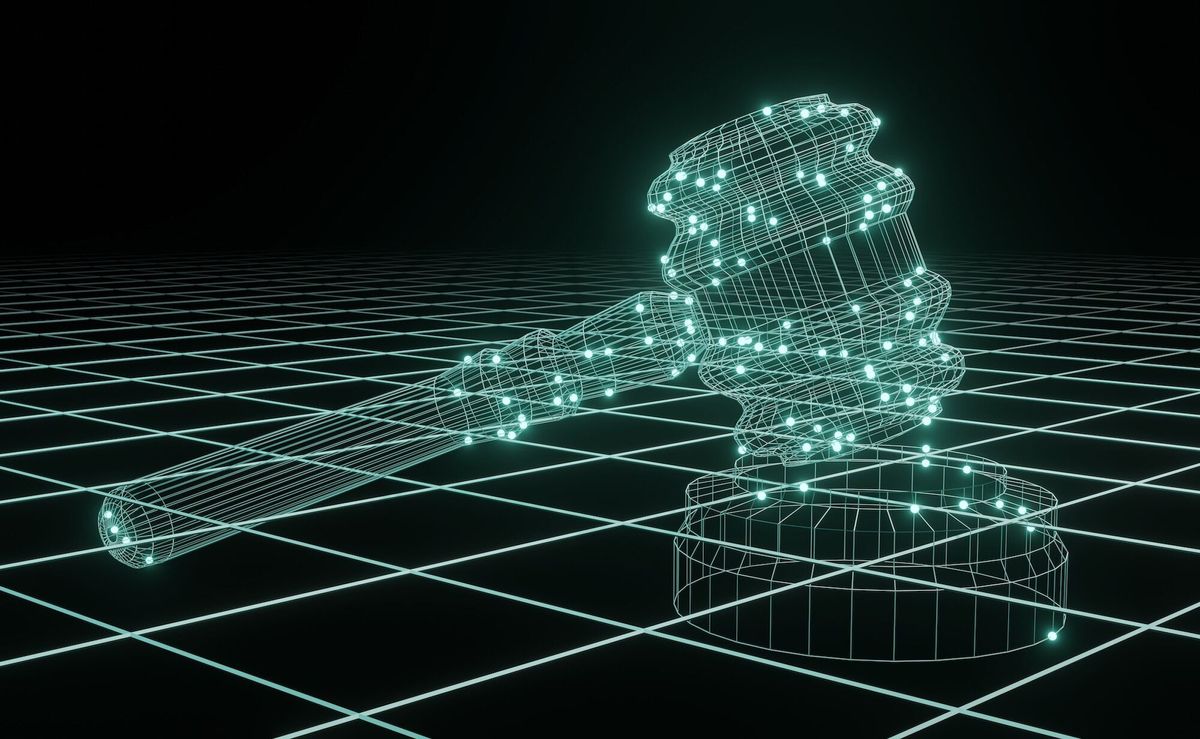The artists have indicated they will amend their complaints and continue the legal battle against what they say is unfair use of their work by artificial intelligence image generators

A federal judge has dismissed most of the claims in a lawsuit filed earlier this year by artists accusing artificial intelligence (AI) image generators of copyright infringement, complicating the path forward for plaintiffs in the landmark case.
In January, the artists Sarah Andersen, Kelly McKernan and Karla Ortiz filed a putative class action lawsuit in California against Stability AI, Midjourney and DeviantArt. The plaintiffs claim that Stability AI’s generative AI tool Stable Diffusion was created using “billions of copyrighted images without permission” to train its software, and filed claims of copyright infringement, violation of right of publicity, unfair competition and breach of contract against the companies. Midjourney and DeviantArt both use Stable Diffusion’s text-to-image software.
However, US District Court Judge William Orrick ruled on Monday (30 October) that the plaintiffs’ claims were “defective in numerous respects”, and that only a direct infringement claim can proceed regarding Stability AI’s role in “scraping, copying and use of training images to train Stable Diffusion”. The defendants had argued in previous filings that the process of training the software with the artists’ images was protected by fair use.
According to the lawsuit, the images were stored and incorporated as compressed copies into Stable Diffusion, and the software’s creations are derivative works based on those images. Stable Diffusion is “merely a complex collage tool”, the suit claims, and did not compensate the artists responsible for the original images used in its training. Stability AI denies that the images are incorporated into Stable Diffusion, and says the training model only uses them to develop parameters for the software’s output.
Other counts faltered when the artists failed to prove that Stable Diffusion’s generated images were “substantially similar” to their original works. The case was further complicated by the fact that McKernan and Ortiz did not register their works’ copyrights with the US Copyright Office. (Andersen copyrighted and registered her works.) Claims against DeviantArt and Midjourney were dropped after Orrick found that the plaintiffs failed to prove that the online art community and generative AI programme, respectively, played any role in the scraping of images and AI training.
Ortiz and McKernan were both granted leave to amend their complaint, and both indicated on Tuesday they plan to do so.
“Getting to amend some complaints is an exciting opportunity to add new facts and potentially plaintiffs. We are moving forward with our primary claim,” McKernan wrote on X.
Representatives for the artists, Stability AI, DeviantArt and Midjourney did not immediately respond to The Art Newspaper’s requests for comment.
Stability AI is also facing lawsuits in both the US and the UK from Getty Images for allegedly using millions of the Getty library’s photographs to train Stable Diffusion. (In the US, Getty has claimed damages of almost $2 trillion.) In September, a US District Court judge upheld the Copyright Office’s policy that AI-generated art could not be copyrighted, citing the lack of a “guiding human hand” in the process of creating AI work.
– Carlie Porterfield, Published courtesy of The Art Newspaper


Leave a Reply